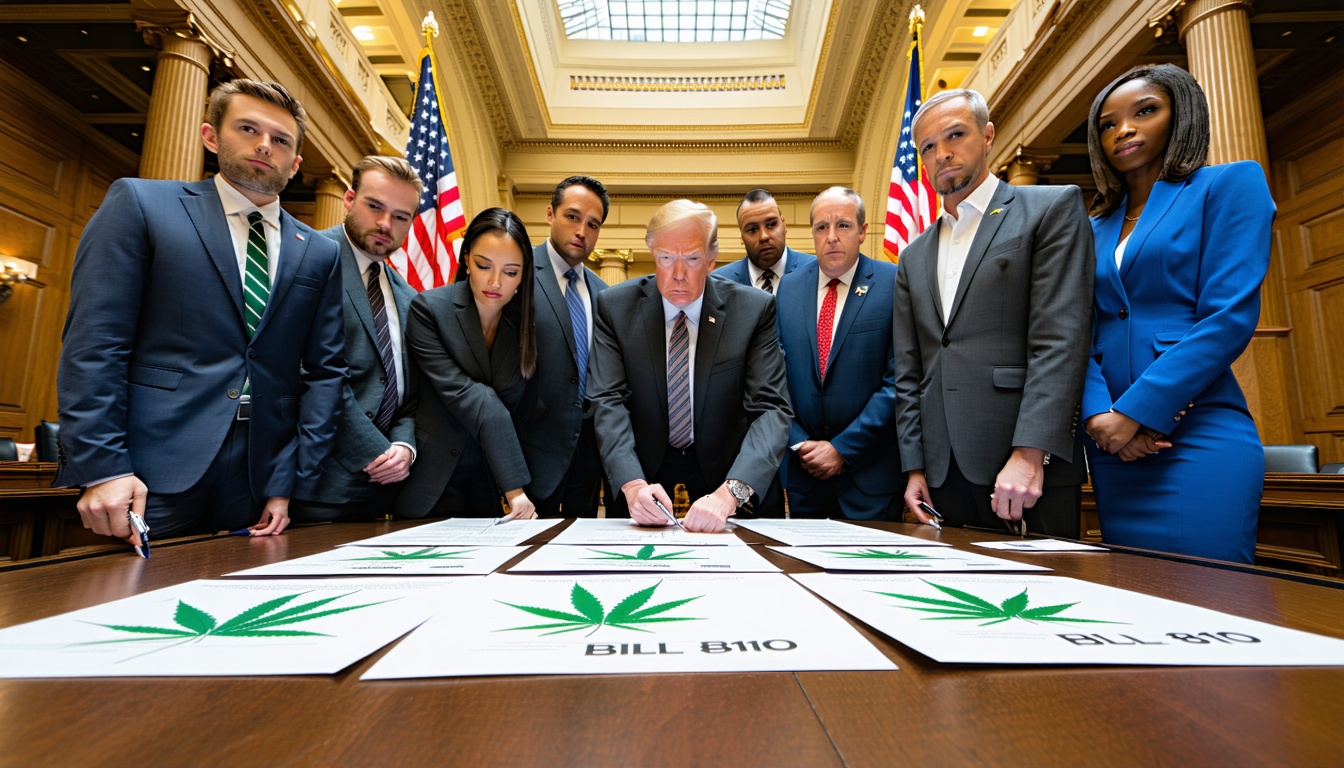New Report Highlights Emerging Public Health Concerns Amid Cannabis Legalization
A recent report from the National Academies of Sciences, Engineering, and Medicine has shed light on the growing disconnect between federal and state regulations on cannabis, leading to fragmented policies and risks to public health. As more than half of the US states have legalized cannabis for medical or recreational use, the report calls for federal leadership and national standards on cannabis quality and potency to safeguard public health.
Here are five key takeaways from the report:
1. Cannabis use has become more widespread: In 2022, more US adults reported using cannabis daily than alcohol, with regular cannabis use increasing by 17 million people over the past 30 years. The ease of access and affordability of cannabis have contributed to this trend.
2. Weed and vapes can be super potent: The concentration of THC in cannabis flower has increased over time, and many products, including edibles and vape oils, contain high concentrations of THC, which can lead to accidental overconsumption and increased risks of traffic accidents and hospital visits.
3. Psychoactive hemp products are available in states where cannabis is illegal: The 2018 Farm Bill defined a subset of cannabis as hemp, excluding it from the Controlled Substances Act. However, this has led to a proliferation of products containing hemp-derived chemicals, including CBD and delta-8 THC, which can be sold in states that have not legalized cannabis. The report recommends that Congress close this loophole by regulating all intoxicating forms of cannabis.
4. Research on cannabis is stifled: The classification of cannabis as a Schedule I substance has hindered scientific research on its health effects, with researchers facing numerous barriers, including difficulty obtaining the drug for studies and strict regulations. The report recommends that Congress remove restrictions on research for the Office of National Drug Policy.
5. Cannabis can be dangerous, but people hear more about its benefits than risks: Many people are not fully informed of the potential harms of cannabis, including increased risks of psychosis, suicidal ideation, and cannabis use disorder. The report recommends public health campaigns that describe the risks, especially for kids and young adults, pregnant individuals, and the elderly, as well as training cannabis retail staff to discuss the risks and benefits with customers.
The report highlights the need for a public health framework to approach cannabis, drawing from best practices in tobacco control and alcohol regulation. It also calls for federal leadership and national standards to ensure the safe and responsible use of cannabis.












